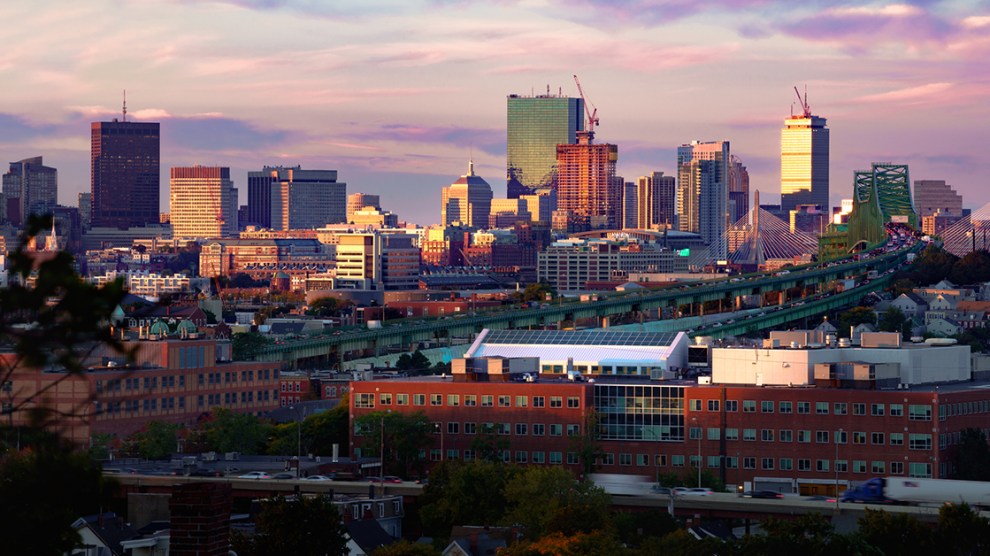Urban Core Faces Test
Boston’s multifamily market continues to face its share of challenges. While the metro’s rent gains have been negative since the start of 2020, rates fell 0.5% on a trailing three-month basis to $2,217 in December. Lifestyle rents dropped the fastest and are likely to continue trending downward, owing to myriad upscale deliveries slated for the first half of 2021. With renter preferences trending toward more affordable units in suburban areas, working class Renter-by-Necessity rates are likely to recover faster.
Unemployment fell to 5.9% in November, a major improvement from June’s 17.0% peak. Though job losses began to moderate in September, some sectors—particularly leisure and hospitality—will be slow to recover. Compounding employment losses are significant barriers resulting from state and local government deficits. The state expects a $3.5 billion shortfall in revenues for the 2021 fiscal year and plans to curtail some services, including a reduction in Massachusetts Bay Transportation Authority transit services.
Multifamily investment volume in 2020 totaled $1 billion, one-third of the volume from the previous year. Sales averaged $310,992, a small increase from 2019 but more than 80% above the national average. Although new construction slowed later in the year, 18,167 units were under construction at the end of December, following the completion of 7,128 units throughout 2020.
Read the full Matrix Multifamily Boston Report-Winter 2021











Add Comment